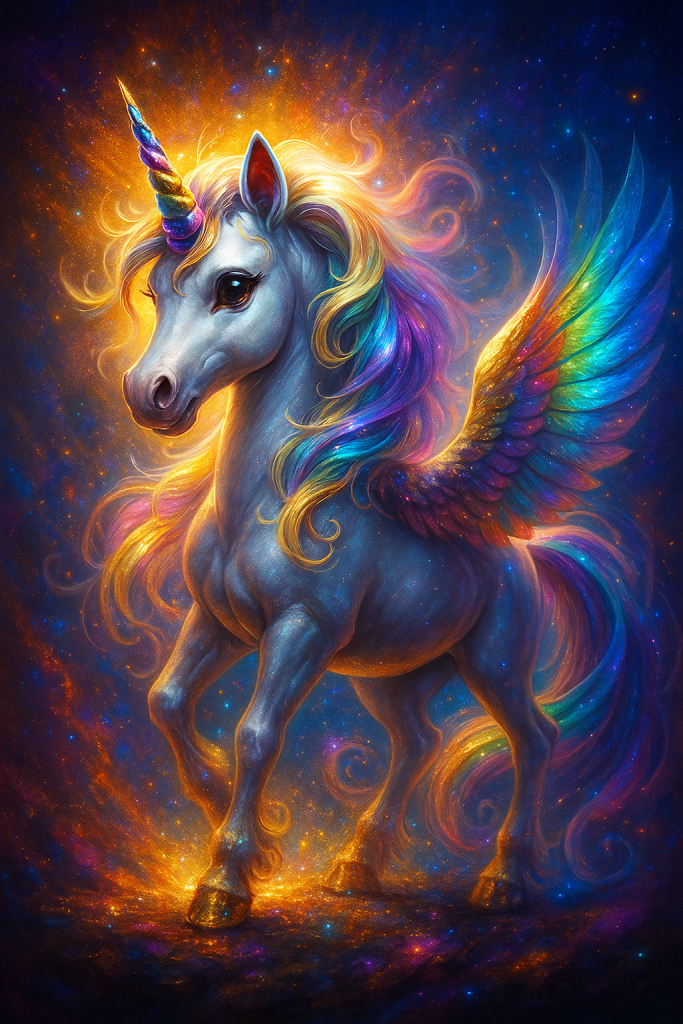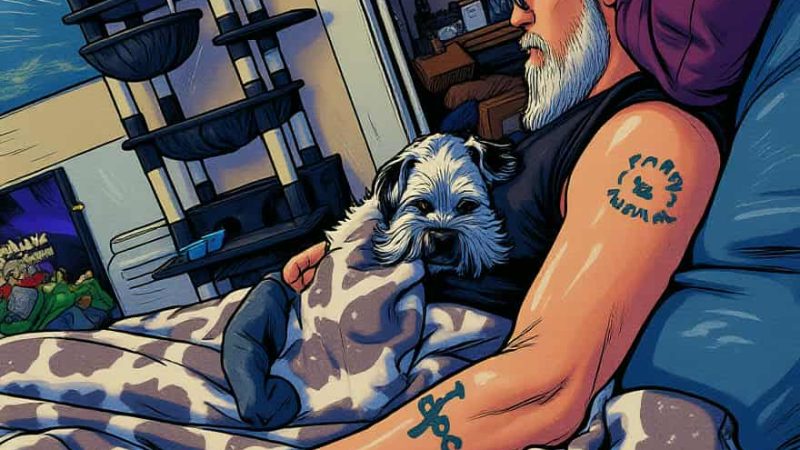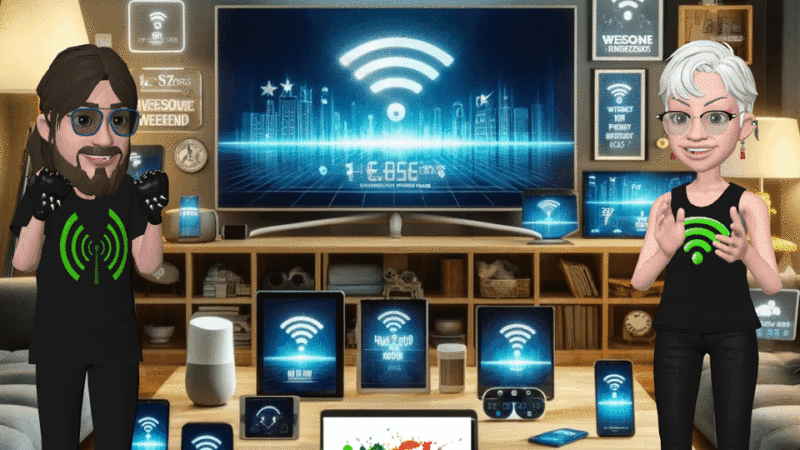The Unicorn
When we view the world, we do so not with an unbiased eye, the beginner’s mind, but rather we bring all of our thoughts and past experiences to what is before us in any given moment. As a student, I studied how witness accounts can differ so dramatically when two people see the same event. We used to tease that any given committee of ten people would walk away with at least fifteen ideas about what happened during the meeting.
We are taught growing up to trust what we see before us. But how can we trust even our direct experience when it can differ so dramatically from someone right next to us? So many parts of the puzzle come into play. We filter what we see through the lens of what we have seen before. We store the memory of the scene based on our own preconceived concepts of the past or our projections of what we are most certain will come to pass in the future.
But when someone asks us what we remember, we tell them unequivocally how things went down. Sometimes we are nudged by someone else’s recount that differs even wildly from ours. But we often feel SO VERY CERTAIN because it’s ingrained in our brain a certain way and we can’t possibly be wrong. After all, if we missed the mark on this, what does that mean for everything else that we tucked away in the memory chest of random bits and pieces?
Sometimes my disbelief commands me to TEST an assertion being made. For instance, all those memes that say this or that is the same color. Because my eyes don’t lie, and I know for a fact those two faces are black and white. I rely on my ability to discern discrepancies. Then as my world falls apart when I take a color extractor in an image manipulation program and compare the hex values side by side, I am forced to reckon with my error as fifty shades of gray collapse into one as I realize it was not black and white but rather a common color of gray.
If we can’t trust our eyes, and we certainly can’t trust our memory—because we know we forget why we entered a room more often than we’ll admit—then why are we so surprised when even our intelligent peers fall prey to propaganda? We lean heavily on tropes and can understand why rednecks are MAGA, because we (falsely) assume they are all uneducated, easily fooled racists. But how is it that our college roommate or our friend’s mother with the doctoral degrees still defends the grand old party? “Make it make sense,” a voice inside shouts.
Truth is, it’s not about our level of formal education or age bracket. Even our socioeconomic factors can’t predict who supports the oligarchy in all its faces of authoritarian rule. And as it seems so many have lost their moral compass, I am reminded that indeed they see things differently because they filter even a genocide through the same distorted lens that tells them cruelty is strength and domination is divine right, blind to the suffering because they’ve mistaken ideology for faith.
Social media knows how to profit from our inability to bring even common sense to the flow of misinformation it throws in our path. From engage-the-rage-for-profit algorithms to strategic attacks on truth in favor of maintaining control through confusion, keeping the masses divided, distracted, and docile. We are made to believe the “majority” of people think like we do because we are fed homogeneous, short-attention-span reels that mimic our preconceived ideals.
The deck is stacked against us. Democracy’s safety nets have been dismantled. The underbelly of the oligarchy is on full display as even the silent part is being said out loud. The two-party system has long been an illusion, as both sides have been bolstered by the same billionaire class who never cared about trickle-down or the working class they claimed to champion while cashing the same corporate checks.
The unicorn has always been the same color, simply propped up to make us believe we had a choice. Now that we see behind the veil of illusion, the oligarchy dressed as democracy, we can begin to draw a new world of our own making. One built not on obedience to power but on care for one another.
It starts small, in how we show up for the most vulnerable among us, the ones already in harm’s way. Awareness without action is just another illusion. Real vision means using what we now see to protect, to nourish, to rebuild. Maybe that’s what beginner’s mind looks like in times like these: not forgetting everything we know, but remembering what we once knew before the Borg rewired our attention. And we build a system truly designed to reflect and respect an inclusive community at our most basic needs, with each of us allowed a path to thrive.








